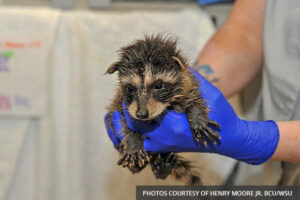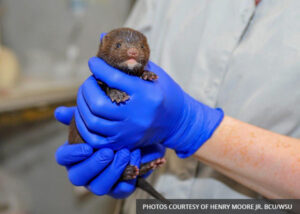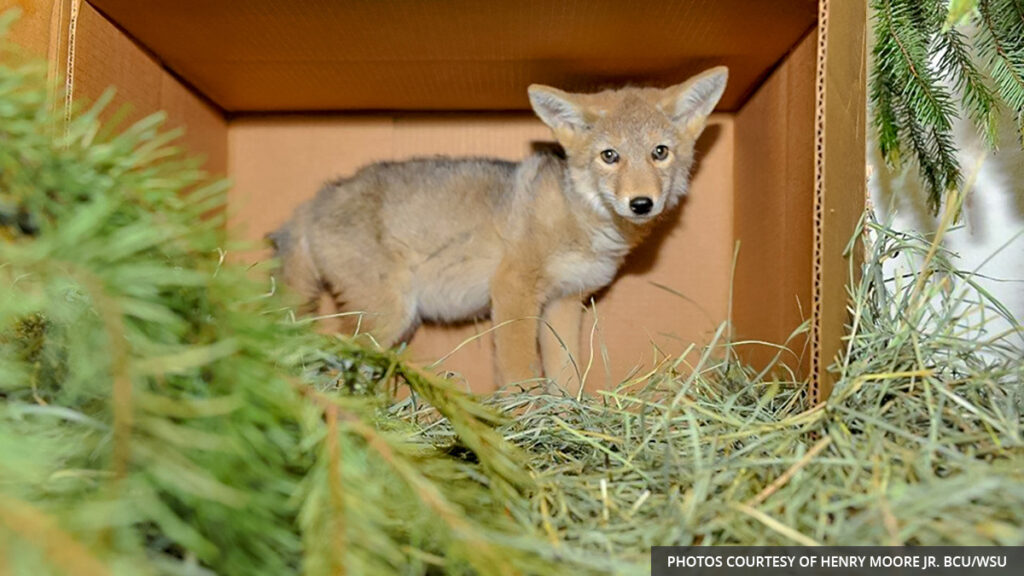Every spring/summer the Washington Department of Fish and Wildlife receives numerous calls from individuals claiming they’ve seen or worse yet, have picked up, what they believe to be abandoned baby wildlife.
Liberty Lake has an abundance of recreational land and many people will begin to cross paths with deer, elk, moose, bear, birds, etc. Which also means, you will be seeing a lot of babies from those species soon, if you haven’t already.
 Staci Lehman of the WDFW states, “Many people see baby animals alone in the wild and assume they have been abandoned. 99.9% of the time this is not the case…deer for instance, as a defense mechanism, parents stay somewhat far away from fawns for hours at a time as they forage so as not to draw predators to their offspring. If a cougar, beer or other predator happens onto the deer, it can run, leading the predator away.”
Staci Lehman of the WDFW states, “Many people see baby animals alone in the wild and assume they have been abandoned. 99.9% of the time this is not the case…deer for instance, as a defense mechanism, parents stay somewhat far away from fawns for hours at a time as they forage so as not to draw predators to their offspring. If a cougar, beer or other predator happens onto the deer, it can run, leading the predator away.”
It is not uncommon for baby birds to be mistaken for abandoned or injured. Mothers commonly “kick” babies out of the nest as a way to learn to fly and to move along when it is time (kind of like sending your kid off to college). If picked up by humans, parents will often not take the babies back, pretty much resulting in a death sentence.
 Lehman states, “In the Spokane area, there is only one wildlife rehabber, Ponti Veterinary, so when animals are picked up, they are the only option. WDFW doesn’t have the resources or infrastructure to care for “rescued” animals so they have to, by law, go to a rehabber. Rehabbing animals takes a lot of time and money so most vets aren’t able to do it. Ponti often has a full house and can’t always take more wild animals. So again, intervening in nature can result in a death sentence.”
Lehman states, “In the Spokane area, there is only one wildlife rehabber, Ponti Veterinary, so when animals are picked up, they are the only option. WDFW doesn’t have the resources or infrastructure to care for “rescued” animals so they have to, by law, go to a rehabber. Rehabbing animals takes a lot of time and money so most vets aren’t able to do it. Ponti often has a full house and can’t always take more wild animals. So again, intervening in nature can result in a death sentence.”
The WSU Veterinary School is caring for several juvenile animals that should have been left in the care of Mother Nature, including two barn owlets, four screech owlets, two coyote pups, one mink kit, three raccoon kits, two pigeon squab, and one great-horned owl.
When humans intervene, animals often have to be put down. Another fact most people are not aware of, is it is illegal to transport wildlife.
If you’d like more information on this topic, please go to
https://wdfw.wa.gov/species-habitats/living/injured-wildlife/when-to-rescue.


